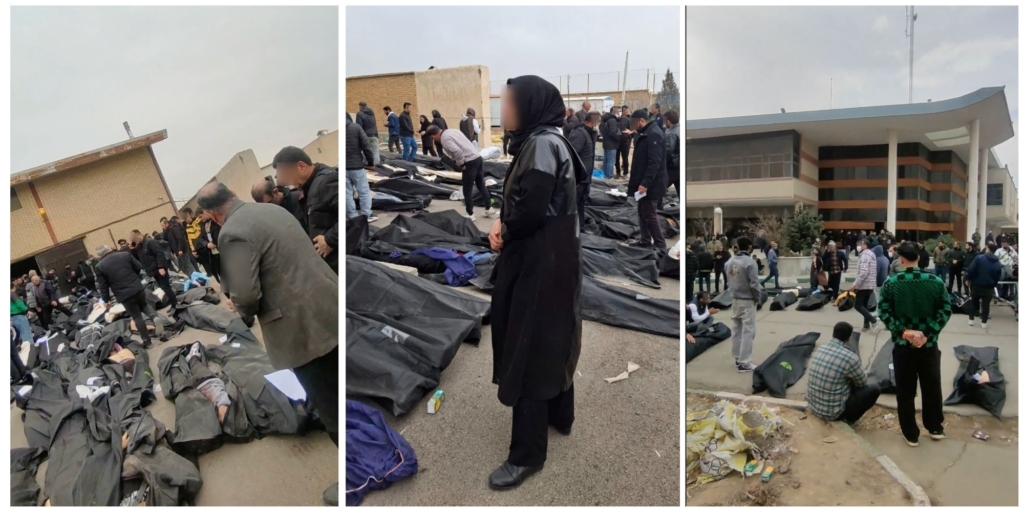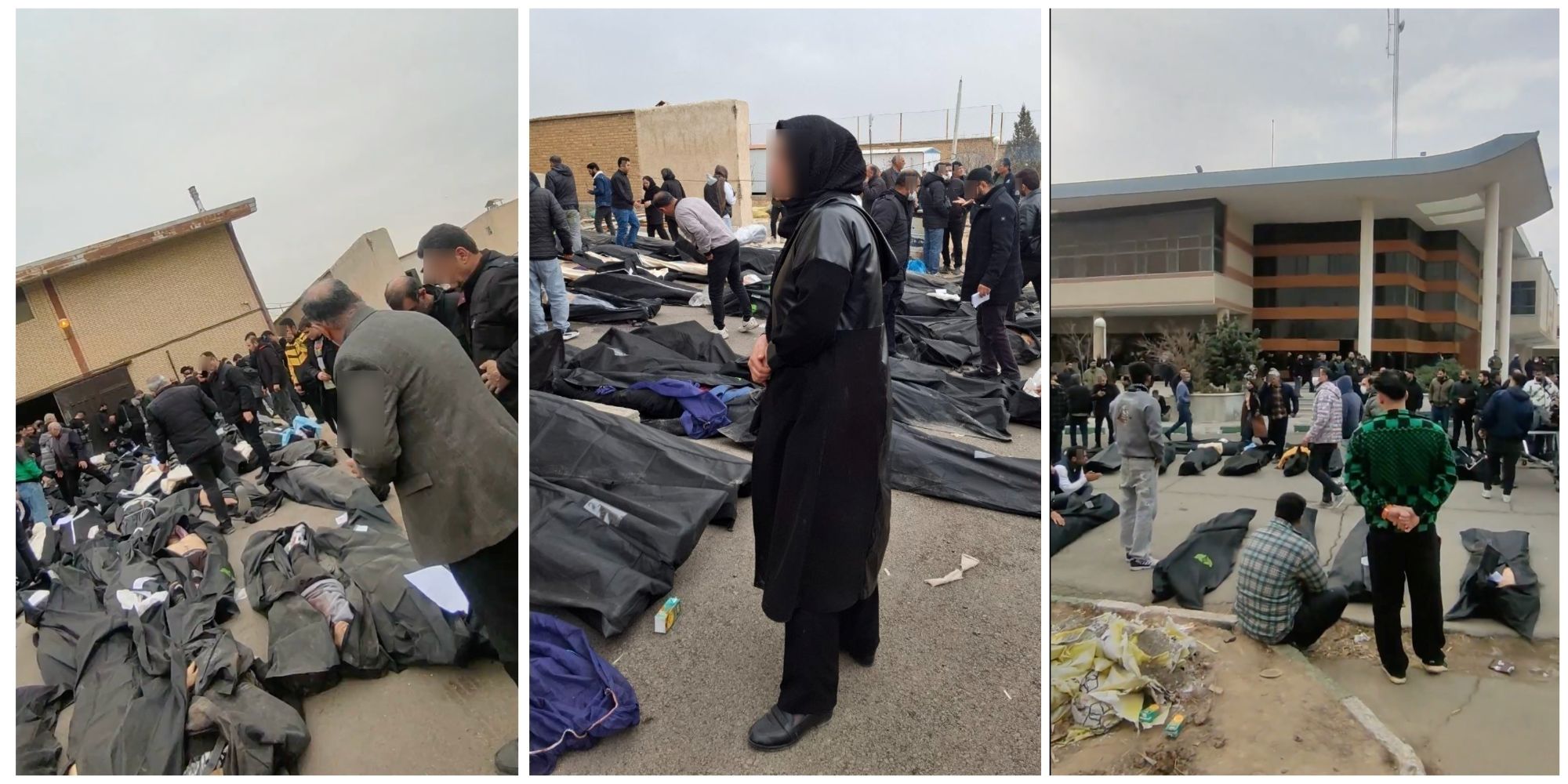Last week, a summary report by the Truth and Reconciliation Commission described Canada’s Residential Schools as “part of a coherent policy to eliminate Aboriginal people as distinct peoples and to assimilate them into the Canadian mainstream against their will.”
The statement affirms something that is now well-established –and which was, in fact, acknowledged in Canada’s official apology to residential school survivors.
Quite simply, the residential school policy had at its heart an insidious agenda to eradicate First Nations, Inuit and Metis peoples as distinct cultures, societies and nation. And the tragic effects of the harm that was done — including the terrible deprivations and abuses inflicted on so many of the girls and boys who were torn from their families and communities to attend these schools, as well as the loss of language, community cohesion and cultural knowledge and skills — continue to be felt today.
Ongoing violations of the rights of Indigenous children
Responding to the report, Amnesty International Secretary General Alex Neve pointed out that reconciliation and justice and inseparable and that justice has three fundamental elements: acknowledging the truth, setting things right, and ensuring that the harm is never repeated.
In thinking about this, and about our role as Canadians is advancing the cause of justice and reconciliation, it’s worth noting just how many of the Commission’s 94 recommendations deal with current government programmes and policies.
These recommendations include, for example, closing the gap in funding for on-reserve First Nations education, and measures to address the continued removal of Indigenous children by the child welfare system.
The fact is that instead of making a concerted effort to help Indigenous peoples recover from the harms inflicted by the residential schools and other destructive government policies, the federal government is today systematically underfunding basic services in Indigenous communities relative to what is available in non-Indigenous communities, relative to the higher costs of delivering such services in small or remote communities, and relative to the real and pressing needs of Indigenous peoples.
The effect is continue deny far too many of today’s generation of Indigenous youth a fair opportunity to have healthy, safe childhoods, to grow up in their own cultures and language,s and to realize their full potential according to their own values and aspirations.
Take the example of child and family services.
A case currently before the Canadian Human Rights Tribunal has brought to light a vast body of evidence demonstrating that persistent underfunding of services on reserve has meant that the removal of children from their families – something that is supposed to be a last resort– has all too often become instead the only option available to overburdened family services agencies that don’t have the money or resources needed to provide the support that First Nations families really need in times of crisis. The result: more First Nations children being taken from their families, communities and cultures than at the height of the residential school programme.
This devastating underfunding of children’s services may not have an explicit objective of destroying Indigenous societies, but it does at the very least demonstrate a shocking indifference to the further harm being inflicted on individuals, families and nations.
Our Dreams Matter Too: A Call to Action
“Reconciliation is about not having to say sorry a second time.” These are the words of Dr. Cindy Blackstock, whose organization, the First Nations Child and Family Caring Society, has lead the effort to have the issue addressed at the Canadian Human Rights Tribunal. Describing that case in an interview with Amnesty International, she said, “I don’t want to see another generation of First Nations adults having to recover from their childhoods as so many survivors of the residential schools have had to do.”
This week, the Child and Family Caring Society is marking the anniversary of Canada’s official apology to residential schools survivors with a call to action. Our Dreams Matter Too is a banner for all kinds of activities, including walks, vigils and letter-writing, with a simple, common message: First Nations children and youth deserve chance to grow up safely at home, get a good education, be healthy, and be proud of their cultures.
This year marks the fourth annual Our Dreams Matter Too action. Amnesty International is proud to be part of this important and vitally necessary event.
This year’s event is even more timely and urgent, both because of the Truth and Reconciliation Commission and because of a finding just released from the Canadian Human Rights Tribunal that concluded that the federal government has taken retaliatory actions against Cindy Blackstock for her role in the launching the discrimination complaint.
In its summary report, the Truth and Reconciliation Commission made it clear that we all have a part to play in putting the relationship between Indigenous and non-Indigenous on a path of justice and respect for human rights. The Commission wrote, “Canadians must do more than just talk about reconciliation; we must learn how to practise reconciliation in our everyday lives—within ourselves and our families, and in our communities, governments, places of worship, schools, and workplaces.”
Or as Cindy Blackstock said to Amnesty members, “We really do need all of your help and your support as we move forward to build not only a more just world for First Nations kids, but to build a better future for Canada in the process.”
What you can do today
Read the summary report and recommendations of the Truth and Reconciliation Commission
Sign our online appeal (and be sure to let others know about it)
Join an Our Dreams Matter Too event in your community and promote the day with the hashtag #OurDreamsMatter Too
Links
Our Dreams Matter Too: Resources and Background
Read our conversation with Cindy Blackstock
Amnesty urges full implementation of Truth and Reconcilition Commission recommendations






















